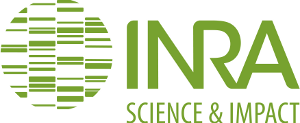This job at INRAE - National Research Institute for Agriculture, Food and the Environment is not available
We're sorry, the job you are looking for at INRAE - National Research Institute for Agriculture, Food and the Environment on EuroScienceJobs has expired.
We still have many live jobs. Click below for similar jobs in:
- France
- Biology
- Biomedical and Physiology
- Chemistry
- Government/Public Sector
- Nutrition
- PhD Required
- Toxicology
or go to our job search page.










